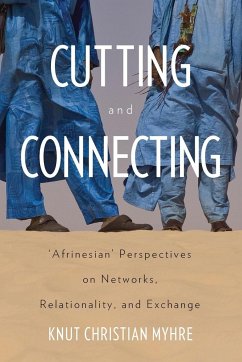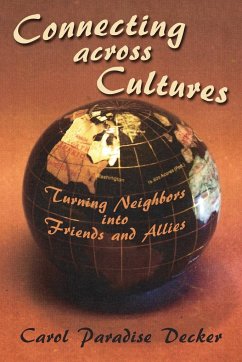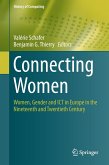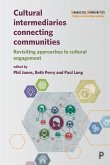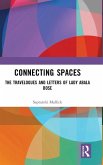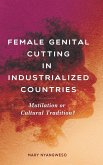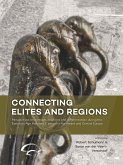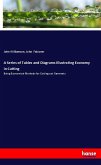Questions regarding the origins, mobility, and effects of analytical concepts continue to emerge as anthropology endeavors to describe similarities and differences in social life around the world. Cutting and Connecting rethinks this comparative enterprise by calling in a conceptual debt that theoretical innovations from Melanesian anthropology owe to network analysis originally developed in African contexts. On this basis, the contributors adopt and employ concepts from recent studies of Melanesia to analyze contemporary life on the African continent and to explore how this exchange influences the borrowed anthropological perspectives. By focusing on ways in which networks are cut and connections are made, these empirical investigations show how particular relationships are created in today's Africa. In addition, the volume aims for an approach that recasts relationships between theory and place and concepts and ethnography, in a manner that destabilizes the distinction between fieldwork and writing.
Hinweis: Dieser Artikel kann nur an eine deutsche Lieferadresse ausgeliefert werden.
Hinweis: Dieser Artikel kann nur an eine deutsche Lieferadresse ausgeliefert werden.
